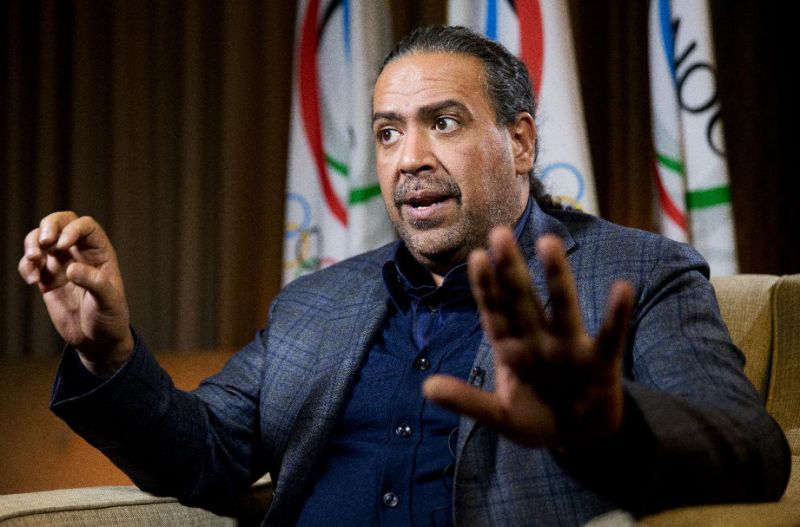
Association of National Olympic Committees (ANOC) President Sheikh Ahmad Al-Fahad Al-Sabah has admitted the integrity of the Olympic Games was “threatened” during 2016 but claimed there is “no doubt we will finish 2017 in a stronger position than we have begun it.”
In a New Year’s message to all National Olympic Committees, Sheikh Ahmad conceded that 2016 had been a tough year for the Olympic Movement.
The Kuwaiti again stressed the urgent need for reform throughout the Movement, particularly with regards to anti-doping, but insisted “we have already begun moving in the right direction.”
“While there is so much to look back on fondly in 2016, it was a year that, perhaps more than ever, reinforced the Olympic Movement’s collective need to unite together to protect the integrity of sport and the clean athletes who represent it,” Sheikh Ahmad wrote.
“There were numerous allegations that shocked us all and threatened the integrity of the Olympic Games.
“There is a huge amount of work ahead of us and reform is urgently needed but we are confident we have already begun moving in the right direction.”
It follows a tumultuous 12-month period in worldwide sport, which included allegations of state-sponsored doping in Russia, prompting calls for the entire nation to be banned from the Olympic Games in Rio de Janeiro following the publication of the first part of the McLaren Report in July.
ANOC opposed a blanket ban on Russia and was fiercely critical of the International Paralympic Committee when the body excluded all athletes from Rio 2016.
Russian athletes were allowed to take part at the Olympics in the Brazilian city after the International Olympic Committee (IOC) Executive Board opted to defer decisions on their participation to the International Federations.
This came despite a recommendation from the World Anti-Doping Agency (WADA) which said the whole 387-strong Russian team should not be allowed to compete at the Games.
The differing stances of WADA and the IOC sparked a bitter public feud between the two organizations, with Sheikh Ahmad among those to verbally attack WADA President Sir Craig Reedie at the ANOC General Assembly in Doha in November.
“ANOC is committed to working in cooperation with the IOC and the entire Olympic Family throughout 2017 to build towards a brighter future for the Olympic Movement,” added Sheikh Ahmad.
“In doing so, there is no doubt we will finish 2017 in a stronger position than we have begun it.
“From every problem comes the opportunity for positive change and all Olympic stakeholders are ready to embrace and contribute to this change.”
The second part of the McLaren Report then provided evidence of a state-sponsored doping scheme in Russia, involving more than 1,000 athletes and which was in operation at major events, such as Sochi 2014, between 2011 and 2015.
It was described as an “institutional conspiracy” by Canadian lawyer Richard McLaren.
As well as the Russian doping scandal, 2016 also saw the arrest of Ireland’s Patrick Hickey during a dawn raid at the Olympic Games.
The ANOC senior vice-president and head of the European Olympic Committees was charged with various ticketing offences, reportedly including criminal organisation, ticket touting, ambush marketing, money laundering and tax evasion.
The 71-year-old vowed to do “everything possible” to clear his name after being allowed to return home on bail last month in order to receive medical treatment.
Hickey was able to return home to Dublin after a court bond of $440,000 was paid in a loan by ANOC.
By Liam Morgan
Republished with permission from insidethegames.biz.